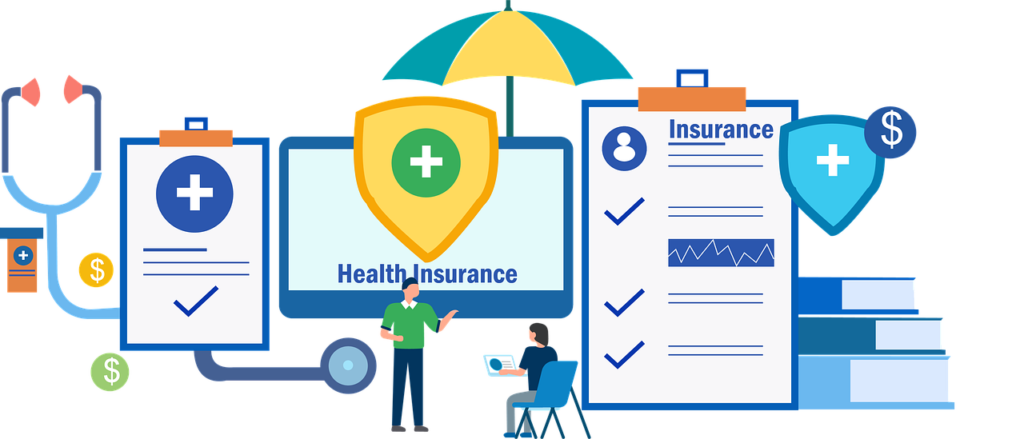One of the most daunting things about becoming a medical social worker, in any healthcare setting, is the medical terminology.
I mean, we went to social work school, not medical school. There are very few social work programs that offer healthcare or medical social work classes or tract. Even in classes that may be offered in social work programs, they don’t give you a crash course in medicine. A lot of it is on-the-job learning.
Luckily, I have been working in the medicine field as a social worker for over 12 years. So I’m here to bring you some tips on how to master medical terminology without a medical degree.
Why is it important to understand medical terms?
Working as a social worker in the world of medicine can feel overwhelming. Especially since you likely didn’t go to medical school. I know I didn’t.
However, part of the job is to understand medical terminology. You’ll be reading patient’s charts to understand why they came into the hospital, identify potential barriers they will have for treatment and recovery, and then find a solution.
It’s hard to do this if you don’t understand what is going on with the patient medically and how it can impact them psychosocially. Understanding what type of diagnosis a patient has and what procedures or medications they will have to undergo can help you anticipate their psychosocial needs.
Before we dive into how to master medical terminology without a medical degree, let’s go over how it is going to affect your role as a social worker.
How does knowing medical terms affect your role as a social worker?
Anticipating psychosocial needs for a patient’s treatment and recovery is the main focus for medical social work. When you understand medical jargon, including medical terms, diagnosis and procedures, it can help you plan ahead to meet the patient’s needs.
Anticipating the patient’s needs and planning for their care coordination needs will ensure the patient has a safe recovery. Additionally it can help make sure the patient’s care is paid for by insurance and keep their costs minimal if possible. It’s easier to coordinate care when you know what to expect.
Tips For Mastering Medical Terminology Without a Medical Degree
The very first time I looked at a medical chart, it looked like a completely foreign language. It was quite overwhelming. I wasn’t sure what I was reading, let alone what I was looking for.
I quickly learned that google was my best friend. I had also asked a peer for a simple cheat sheet of some of the terms that I could reference as I read charts. Here are some quick tips that have helped me navigate the medical charts and language.
Tip #1
Print out a cheat sheet of common medical terms and abbreviations. Keep this list in a notebook or folder with you. I had initially printed my cheat sheet out and taped it to my clipboard that I took everywhere with me. As I read the medical chart, I would refer to my cheat sheet so that I could understand the context of what was going on with the patient.
*Links to clipboard*
*Cheat sheet print out*
Tip #2
Take notice of words or abbreviations that you see repetitively, either within the same note or throughout multiple charts. Write that abbreviation down if it’s not on your cheat sheet, and add it. Writing things down multiple times can help your brain develop that association more quickly.
Tip #3
Google it! Google has become my best friend over the years, and thank goodness! I can’t imagine doing this job before the time of online search engines. Props to anyone who has!
Any term or word that I didn’t know, I put it into google. However, I didn’t just go with the first sentence google had to offer on giving me an answer. Instead, I tried to really understand the term. Whether that be a procedure, a medication, or a diagnosis. I researched it, watched videos about it. This is what expanded my knowledge. The more you understand about the different aspects of medicine, the more you are able to anticipate patient needs.
Tip #4
Ask. If you don’t understand an abbreviation, term or word. Ask a peer! You can ask another social worker you work with, a nurse, a rehab therapist, and/or a physician. Ask your interdisciplinary team members.
I promise they won’t be annoyed…well…I can’t promise you that, but I do know a lot of them enjoy teaching others. And it shows an interest in what their expertise is. If they do get annoyed, who cares, that is their problem. You are there to be amazing at your job.

